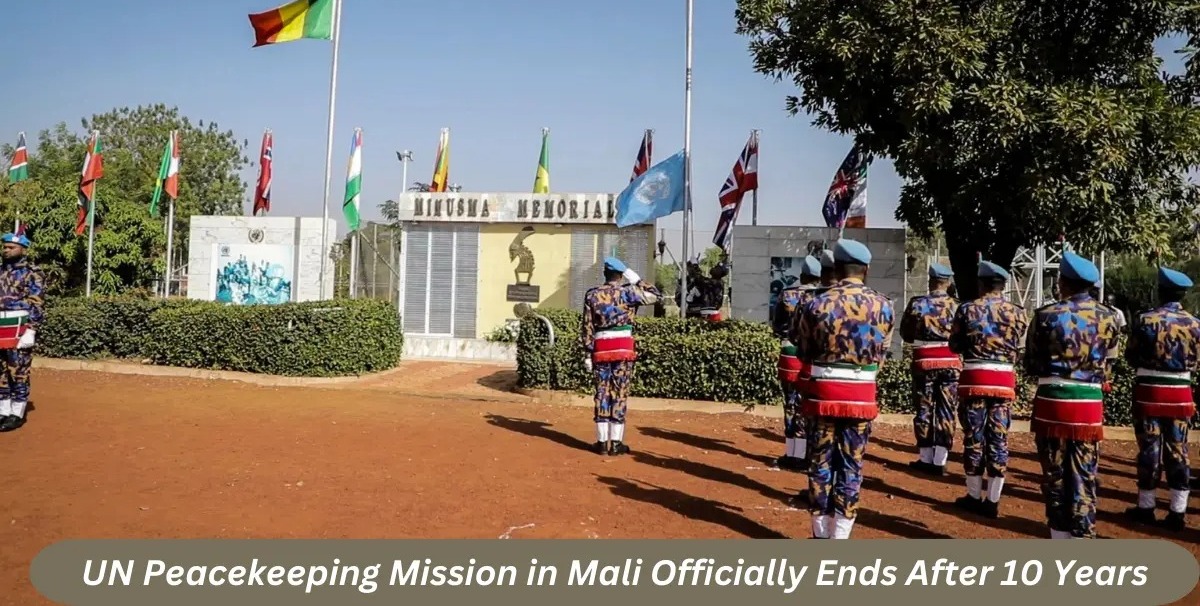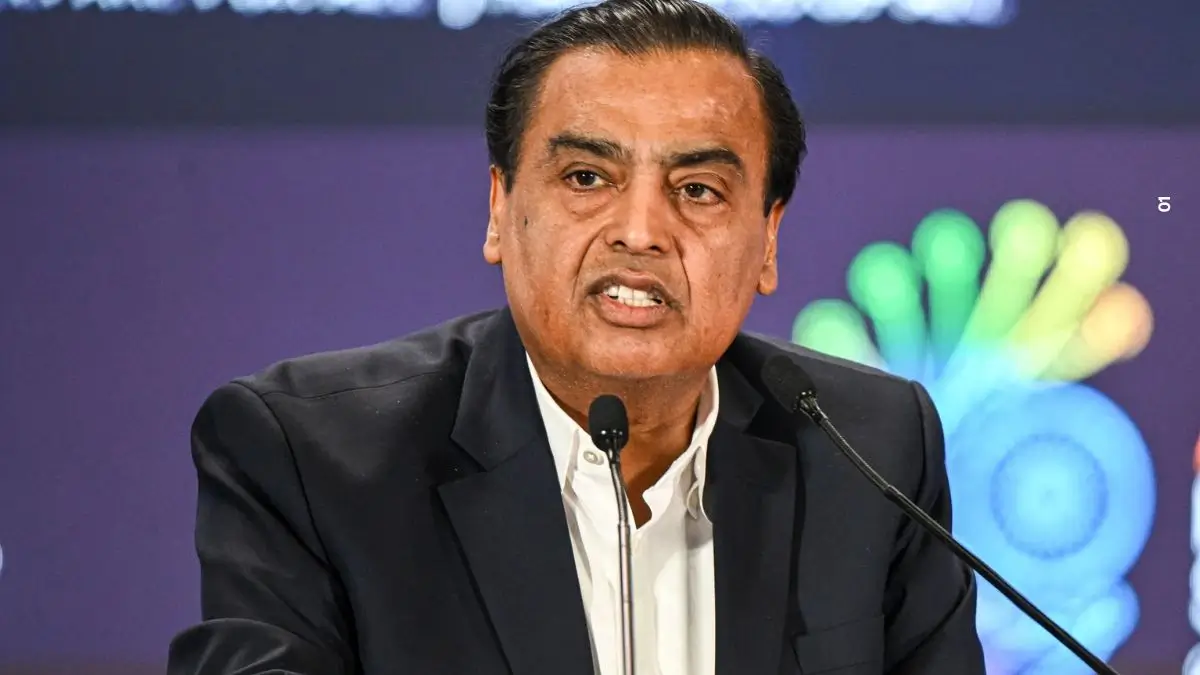UN Peacekeeping Mission in Mali Officially Ends After 10 Years
The United Nations Peacekeeping Mission in Mali, after a decade-long presence, has officially concluded, marking a significant milestone in the country’s journey towards stability. This historic moment not only symbolizes the end of an era but also raises pertinent questions about the future of Mali’s security landscape. The UN’s mission, which commenced in 2013, aimed to bring peace and stability to the conflict-ridden nation. The withdrawal comes amidst evolving geopolitical dynamics and internal challenges within Mali.

Why this News is Important
Milestone Achievement for Mali’s Stability
The termination of the UN peacekeeping mission in Mali marks a milestone in the nation’s efforts to restore stability and order after years of conflict and turmoil. This development holds profound significance for Mali’s sovereignty and the progress it has made towards self-reliance in managing its internal affairs.
Geopolitical Implications in West Africa
The conclusion of the mission has broader geopolitical implications, especially in the West African region. It raises questions about regional security dynamics, potential power vacuums, and the role of international stakeholders in maintaining stability in Mali and neighboring countries.
Historical Context
The origins of Mali’s instability can be traced back to the 2012 Tuareg rebellion, which led to a coup d’état, causing political turmoil and the infiltration of extremist groups. This unrest prompted international intervention, resulting in the establishment of the UN Multidimensional Integrated Stabilization Mission in Mali (MINUSMA) in 2013. MINUSMA’s primary objectives included facilitating the peace process, protecting civilians, and supporting the political transition in Mali.
Key Takeaways from “UN Peacekeeping Mission in Mali Officially Ends After 10 Years”
| Serial Number | Key Takeaway |
|---|---|
| 1. | Conclusion of the UN peacekeeping mission marks a milestone for Mali’s stability. |
| 2. | Geopolitical implications arise regarding regional security dynamics and international involvement in maintaining stability. |
| 3. | Originating from the 2012 Tuareg rebellion, Mali faced political turmoil and extremist infiltration, prompting international intervention. |
| 4. | The UN’s mission involved supporting the peace process, protecting civilians, and aiding the political transition in Mali. |
| 5. | Mali’s future now relies on its ability to sustain peace and stability independently following the departure of the UN mission. |
Important FAQs for Students from this News
Q: What was the primary objective of the UN Peacekeeping Mission in Mali?
A: The mission aimed to restore peace, support the political transition, and protect civilians in Mali.
Q: How long did the UN Peacekeeping Mission in Mali last?
A: The mission spanned a decade, officially concluding after 10 years in operation.
Q: What were the key challenges faced by Mali leading to the intervention of the UN mission?
A: Mali faced challenges due to the 2012 Tuareg rebellion, resulting in political instability and infiltration by extremist groups.
Q: What are the geopolitical implications following the conclusion of the UN mission?
A: The conclusion raises questions about regional security dynamics and the role of international stakeholders in maintaining stability in Mali and neighboring regions.
Q: How does Mali’s future look post the UN mission’s departure?
A: Mali’s future now depends on its ability to sustain peace and stability independently, following the departure of the UN mission.
Some Important Current Affairs Links

















